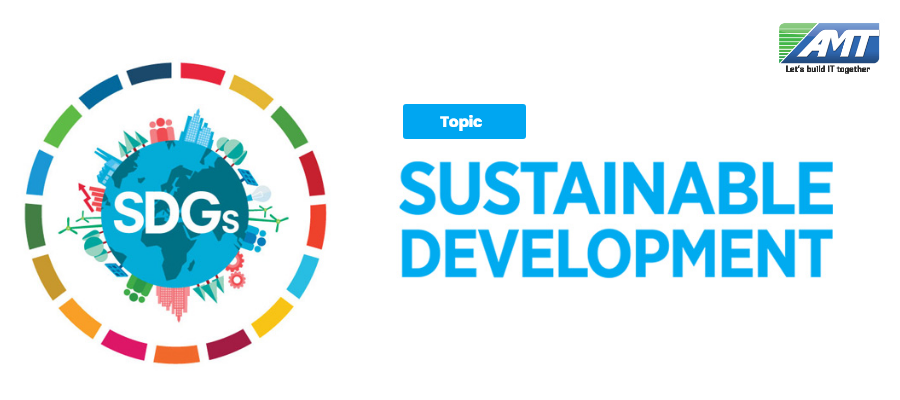Sustainable development is the organizing principle for meeting human development goals while at the same time sustaining the ability of natural systems to provide the natural resources and ecosystem services upon which the economy and society depend. The desired result is a state of society where living conditions and resource use continue to meet human needs without undermining the integrity and stability of the natural system. Sustainable development can be classified as development that meet the needs of the present without compromising the ability of future generations.
The modern economies are endeavoring to reconcile ambitious economic development and obligations of preserving the natural resources and ecosystem, the two are traditionally seen as of conflicting nature. Instead of holding climate change commitments and other sustainability measures as a drag to economic development, turning and leveraging them into market opportunities will do greater good. The economic development brought by such organized principles and practices in an economy is called Managed Sustainable Development (MSD).
The concept of sustainable development has been—and still is—subject to criticism. What, exactly, is to be sustained in sustainable development? It has been argued that there is no such thing as a sustainable use of a non-renewable resource, since any positive rate of exploitation will eventually lead to the exhaustion of earth’s finite stock. However, such arguments have been well encountered that we, de facto at large, endeavour to bring exploitation rate of resources near to its natural rate of replenishment for renewable resources and for non-renewable resources, it is well possible to find better substitutes over time, further, we can make non-renewable resource more sustainable by bringing in efficiency. For instance, it is often stated that coal and crude oil, although being non-renewable, would not get completely exhausted in any future merely as a consequence of human consumption and choke socio-economic growth because of the very natural behavior of human and human society to consciously endeavour for efficiency and look for feasible substitutes over time.
One of the core concepts in sustainable development is that technology can be used to assist people meet their developmental needs. Technology to meet these sustainable development needs is often referred to as appropriate technology, which is an ideological movement (and its manifestations) originally articulated as intermediate technology by the economist E. F. Schumacher in his influential work, Small is Beautiful. and now covers a wide range of technologies. Both Schumacher and many modern-day proponents of appropriate technology also emphasise the technology as people-centered. Today appropriate technology is often developed using open source principles, which have led to open-source appropriate technology (OSAT) and thus many of the plans of the technology can be freely found on the Internet. OSAT has been proposed as a new model of enabling innovation for sustainable development.
The above is a brief about Sustainable Development. Watch this space for more updates on the latest trends in Technology.
